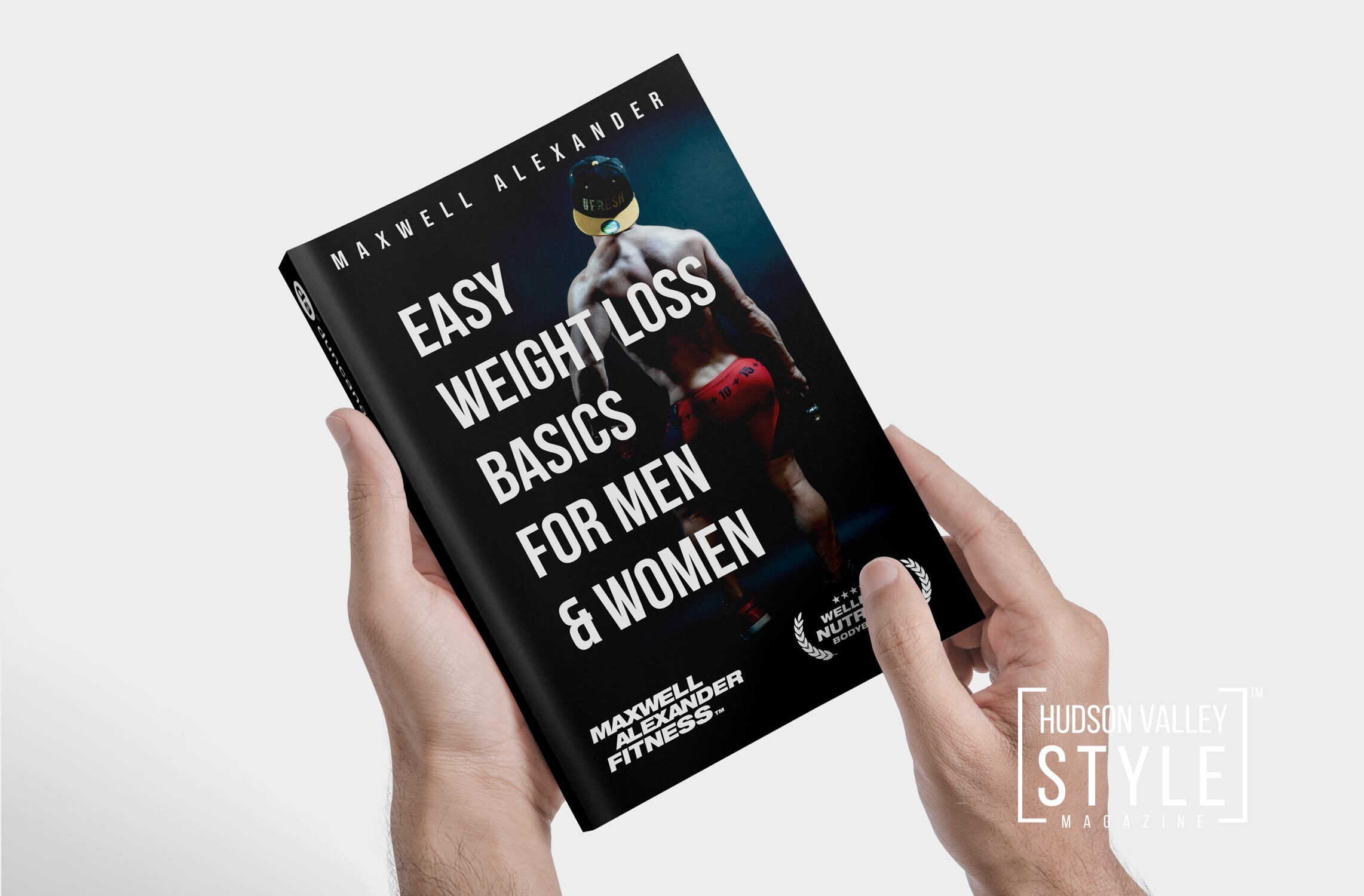A healthy diet often gets defined as one that’s low in fat and high in fiber and whole grains, with plenty of fruits and vegetables. That’s the conventional wisdom we hear from medical experts, government officials, health professionals, non-profit organizations, the media, and even our friends and family members. A healthy diet means eating less sugar and more healthy whole grains—and anything else that’s low in fat, cholesterol, salt, and calories as well as high in essential vitamins and minerals, right? Well…not so fast.
The Hidden Danger of Sugar – The Surprising Connection to Carbs – by Maxwell L. Alexander, MA, BFA, Certified Elite Fitness Trainer, Bodybuilding and Sports Nutrition Coach
Is All Sugar Bad?
There’s a common misperception that all sugar is bad, but there are actually two different types: naturally occurring and added. Naturally occurring sugars come from fruit, milk and certain other foods, while added sugars are simply regular table sugar (or another sweetener) that’s been added in by food manufacturers during processing. When it comes to health, both are equally bad. There is no difference between them when it comes to your weight or body composition goals. In fact, if you want to lose weight safely and quickly—and keep it off—you should focus on reducing your carb intake as much as possible.
The Problem With Refined Carbohydrates
Refined carbohydrates, like white flour and sugary drinks and snacks, spike blood sugar levels faster than any other food. When blood sugar rises fast and furious, it triggers a cascade of hormonal changes that includes an increase in insulin. Insulin’s role is to drive excess sugar into cells where it can be used for energy or stored as fat. In order to do its job, however, insulin needs help from another hormone: leptin. Leptin decreases appetite and curbs cravings; when there is enough leptin in your body, you don’t get hungry even if you have just eaten a meal high in refined carbs that spiked your blood sugar. Over time though—which could mean one or two days—your body gets depleted of leptin so you get hungry anyway.
Refined Carbohydrates and Insulin Resistance
What’s That All About? : Carbohydrates are by far one of your body’s most important sources of energy. When digested, they break down into glucose—which is then absorbed by cells throughout your body and converted into fuel. In order for these processes to take place efficiently, however, a hormone called insulin must be present. As we age or when a certain condition or illness is present (such as diabetes), our bodies might not produce enough insulin or be able to effectively process what little amount it does release. In other words: Your body requires insulin in order for carbohydrates to properly convert into energy!
Diet Soda Is No Better Than Regular Soda
Regular soda is bad news for your waistline, but so are diet sodas. In a 2011 study published in Diabetes Care, researchers found that consumption of diet soda increased risk factors for heart disease and diabetes. Even more disturbing was that people who drank at least one artificially sweetened beverage a day were found to have more than three times higher risk for metabolic syndrome — a combination of symptoms including high blood pressure, high cholesterol, and large waist circumference — than those who rarely consumed these drinks. With 75% or more of diet sodas comprised of water, they’re certainly better choices than their sugar-filled counterparts—however, you can have 100% pure water with a 0% risk of cancer, so wouldn’t that be a better choice?
Sugary Drinks Increase Your Risk Of Heart Disease
Drinking sugary beverages can raise your risk of heart disease. Unfortunately, many people don’t realize that regular soft drinks are loaded with sugar and carbohydrates. When you drink sugary soda or other beverages, your body breaks down carbohydrates into glucose—that’s sugar—to provide fuel for your cells. Your pancreas produces insulin, which transports glucose from your blood and stores it in your liver and muscles. Extra glucose is converted to fat. This is why overconsumption of carbs leads to weight gain and type 2 diabetes. But what about artificially sweetened beverages? Artificial sweeteners aren’t metabolized by your body and therefore don’t spike blood sugar levels as regular soda does. However, research has found there may be another downside: drinking diet soda daily may increase your risk of vascular events like stroke and myocardial infarction (MI). A study published in Stroke examined data from more than 64,000 women; participants who drank one diet beverage a day had a 34 percent higher risk of stroke compared to non-drinkers. There was no increased risk among those who consumed two or fewer diet sodas each week. While researchers are not sure how artificial sweeteners impact vascular health, they theorize that since these foods don’t contain any nutrients, they could alter metabolism in some way that raises stroke risks.
Is Stevia Safe?
Stevia is a natural sweetener that some people are concerned could have side effects, especially if you’re on a diet. Find out why it’s considered safe, and how it compares with other sweeteners. For those counting carbs, be sure to read your labels: there are different types of sugars in stevia products. Alternatively, you can satisfy your sweet cravings with fresh fruit.

What To Do Instead Of Drinking Sugary Beverages
Drink Water… Free, simple, healthy… Just drink more water, please! Drinking excessive amounts of sugar-laden beverages can cause problems. In fact, recent research shows that sugary drinks have even been connected to diabetes and cancer risk. We typically think about eating too much sugar as a cause for high blood glucose levels (hyperglycemia), but it turns out that excess carbs (which quickly turn into sugar in your body) can also cause issues. In other words, don’t fill up on high-carb foods like bread and pasta when you want something sweet; try swapping them for lower-carb fruits instead. If you’re going for a soda or fruit juice – ditch the idea and instead find a real fruit to squeeze some juice out of it, or once again: DRINK WATER!

After working in my personal training business and seeing many people struggle with their weight, I thought it was important to create a guide that makes it easy for anyone to lose weight. My new book is called Easy Weight Loss Basics for Men and Women and it can be found on Amazon here. In this book, I go in-depth on all of the strategies that can help you lose fat in no time, and of course, you’ll learn even more about the hidden danger of sugar and healthy eating.





